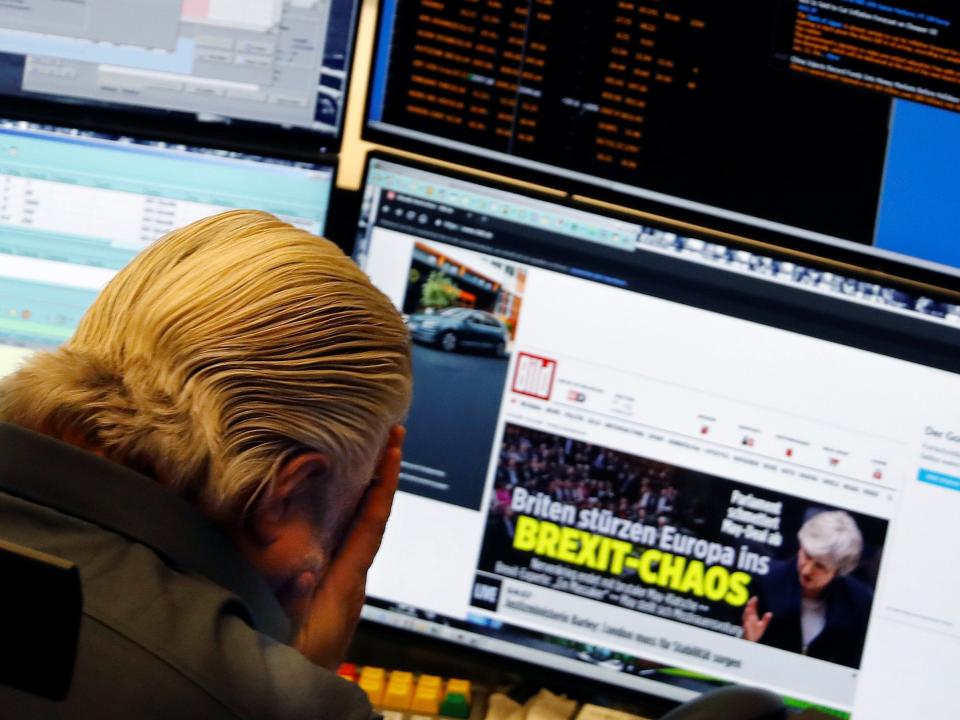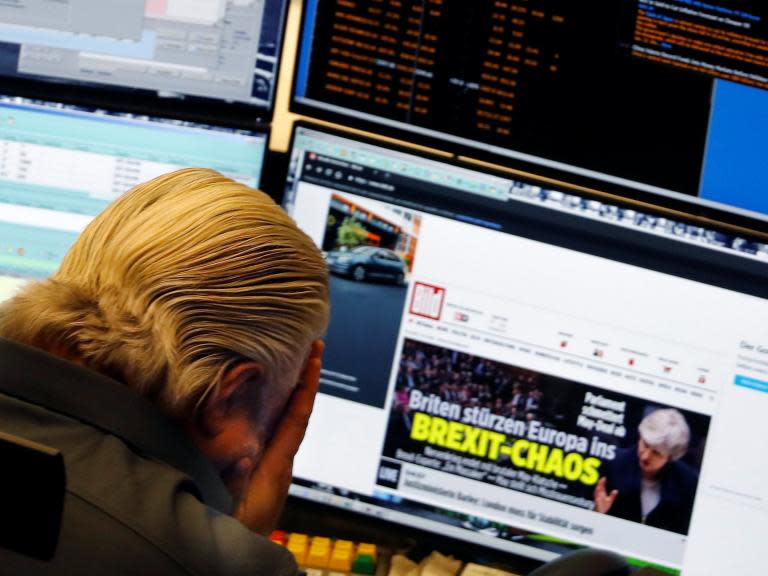Brexit vote: MPs must find way to avoid ‘catastrophic’ no-deal outcome, business groups say
Business groups have called on the government to come up with a plan of action in the wake of Theresa May’s crushing defeat in the meaningful vote on her Brexit deal on Tuesday.
Stephen Jones, chief executive of UK Finance, said: “Time is running out to avoid a chaotic no-deal Brexit that would be catastrophic for the UK economy.”
He said financial firms had made no-deal contingency plans to minimise disruption for customers but “critical cliff-edge risks” remain with transfer of personal data and cross-border contracts.
He added: “It is now essential that politicians on all sides of the house work together to agree a way forward and provide much-needed certainty to the electorate and businesses, by ensuring our withdrawal from the EU is orderly and gradual. There must also be a sufficient transition period to enable our future relationship with the EU to be agreed and then implemented.”
The Society of Motor Manufacturers and Traders also warned of the “catastrophic” consequences of a potential no-deal Brexit for the car industry.
Mike Hawes, SMMT chief executive: “Leaving the EU, our biggest and most important trading partner, without a deal and without a transition period to cushion the blow would put this sector and jobs at immediate risk. No deal must be avoided at all costs. Business needs certainty so we now need politicians to do everything to prevent irreversible damage to this vital sector.”
Meanwhile, Adam Marshall, director general of the British Chambers of Commerce said there were “no more words to describe the frustration, impatience, and growing anger amongst business after two and a half years on a high-stakes political rollercoaster ride that shows no sign of stopping”.
Mr Marshall said many basic questions about operational issues remain unanswered, meaning businesses cannot plan properly for the years ahead.
“Every second that ticks by sees more businesses spending money on unwanted changes, activating contingency plans or battening down the hatches and halting investment, as they try to anticipate a future that is no clearer now than it was at the time of the referendum result,” he said.
“Businesses will take a dim view of more shuttle diplomacy and last-minute bargaining, which have so far done nothing to end the political impasse. The government must now urgently set out in concrete terms what it will do to avoid the damage that a messy and disorderly exit on 29 March would cause to businesses, communities, and the UK economy.”
The pound plunged against the dollar and the euro in the immediate aftermath of the vote on Tuesday night, then rallied, and on Wednesday morning was trading at $1.2865 and €1.1278.
“Traders are seemingly taking the outcome as paving the way for an extension of the Article 50 deadline, rather than increasing the chances of a no-deal Brexit and this has caused the recovery seen in the pound,” said David Cheetham of XTB.
However, Laith Khalaf, senior analyst at Hargreaves Lansdown said there was still very little certainty about the next steps for Brexit and added that the vote of no confidence, which will be tabled by Jeremy Corbyn on Wednesday, would be “another pinch point for currency markets, so we can expect further swings in sterling as events develop”.


